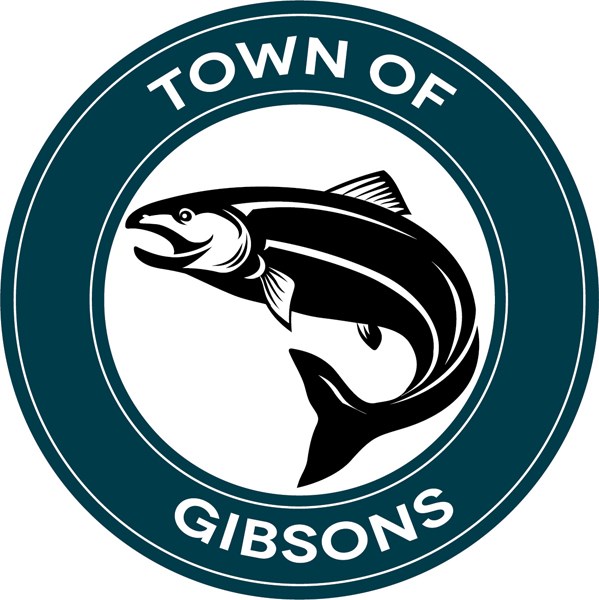Gibsons Mayor Bill Beamish says he expects council will need just one more meeting to wrap up its budget deliberations.
Heading into the April 2 committee of the whole meeting, the anticipated residential tax increase was about seven per cent.
Councillors tried to reach a consensus on general taxation strategies, including taxing utilities at the provincially allowed maximum of $40 per $1,000 in assessment and re-categorizing commercial marinas, which currently pay the residential tax rate, as businesses – moves that could bring in more than $40,000 in tax revenue.
Beamish said he favoured bumping up the rate for utilities, because it would match Sechelt and because utility companies could easily absorb the extra cost.
“These are businesses that are national in scope, and their fees are structured fees. We’re not going to impact those fees [to consumers] if we raise taxes,” Beamish said.
The committee also looked at how the business tax multiplier could be lowered.
Right now, the business tax rate in Gibsons is 3.29 times higher than the residential rate. The current multiplier in Sechelt is 2.27.
Beamish argued for a strategy that would see residential taxes rise 7.5 per cent, and business rates go up three per cent, which would still result in a lowering of the multiplier to 3.12.
He also said coupling that with the changes to utility and marina properties could also enable the Town to lower the anticipated residential increase.
“If we’re going to do it, I’d rather just do it in one bite, in one year, and moving into next year we have a consistent plan, consistent with our policy,” he said.
At an earlier meeting, director of finance Dave Douglas estimated the impact of a 7.5 per cent increase on the average residential property would be about $109.
Coun. David Croal said he could support that level of increase given the ongoing need to deal with aging infrastructure and guard against having to impose drastic tax increases in the future. “If we’re constantly cutting and chiseling away to keep taxes down, what are future generations going to face?… It’s a bitter pill to swallow, but personally I would rather pay now than have a huge increase later because we’ve had major problems.”
Coun. Stafford Lumley also said he felt residential tax rates in Gibsons had fallen behind, but cautioned against too large an increase for businesses, after Coun. Annemarie De Andrade suggested any large increase for homeowners should be matched with a proportionate increase in business taxes.
“I know there’s a lot of businesses that barely squeak by every year in Gibsons, and they’re really important to the community,” Lumley said. “I would hate just to say if residential is going to pay more, business should pay more. I don’t think that’s a good way of approaching business property taxes… We’ve had a resurgence of business in Lower Gibsons and I don’t think now is the time to tax them, I think now is the time to help them.”
The committee asked Douglas to prepare details on three possible scenarios for councillors to consider: a plan that would see residential taxes rise 7.5 per cent and business taxes go up three per cent, a plan for increases of 10 and three per cent respectively, and one that would see rates go up 10 and five per cent on the two classes.
All three scenarios would include increasing the tax rate on utilities to the $40 per $1,000 level and folding the marinas into the business tax class.
Councillors have already approved five per cent increases in water and sewer fees and parcel taxes.



